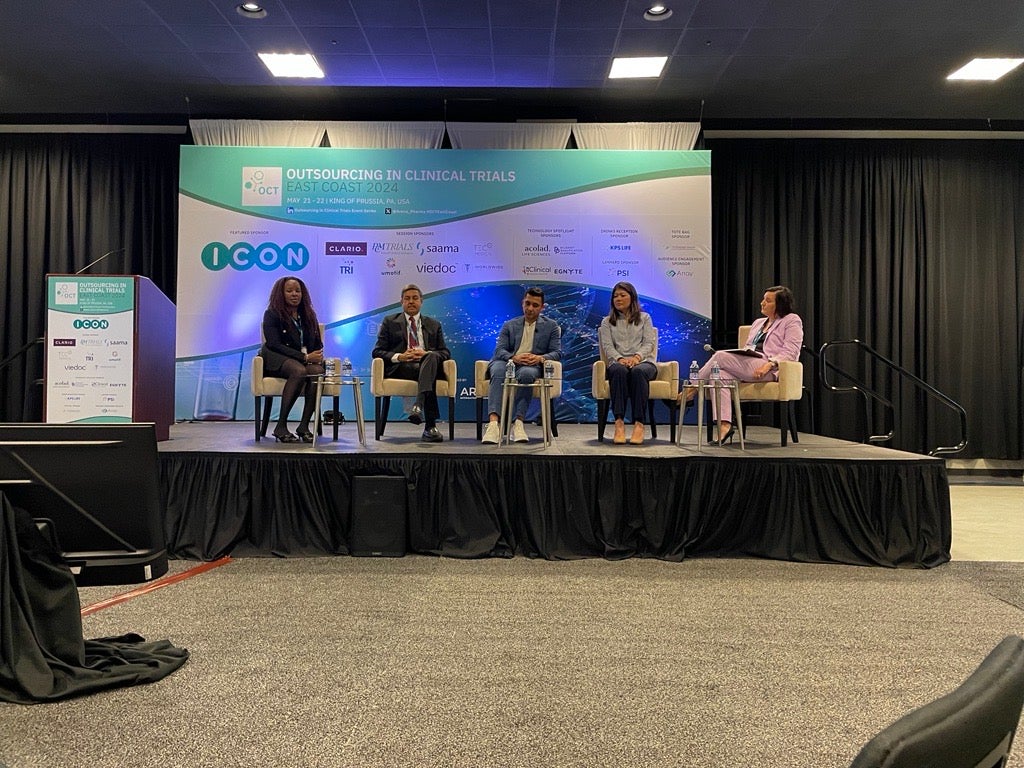In the existing drug development ecosystem, patients and caregivers are bucking the natural order to take the reins of innovation in drug development into their own hands.
Two experts spoke on the evolving roles of patients and caregivers across clinical trials at the 15th Annual Outsourcing in Clinical Trials East Coast conference, which is being held 21 – 22 May in King of Prussia, US.
Trial sponsors tend to be in a position to dictate what innovations can flow, said advisor and founder of Clinical Innovation Partners, Craig Lipset in his keynote presentation on the patient’s role in driving innovation in clinical research. Other key stakeholders in the environment are technology, which generates widely used tools; regulators that facilitate innovation for sponsors by making it “predictable”; and payers, who have the power to determine how, when, and which patients get medicines.
“Does pharma have the right to be the sole stewards and decision makers over what innovations see daylight and ultimately adoption,” asked Lipset. As it turns out, patients have proven to be the “underappreciated asset” and also become the stakeholders with the motivation and incentive to advance trial innovation across the drug development ecosystem.
Organised and incentivised patients can spur innovations with funding, patient enrollment, and more, and have access to key groups and sources. According to Lipset, access to innovative tools and processes is no longer just the privilege of big corporations.
Given the power of the patient and caregiver voice and experience, it is important to support and educate advocates and clinical trials of the patient experience, said global head – Growth & Insights at the patient-owned cooperative Savvy Cooperative Kelly Franchetti.
Patient support is key, she said. There are financial burdens—such as the costs of a caregiver having to leave work, traveling to trial sites, and paying for treatment—associated with patients and families enrolling in clinical studies in addition to other sometimes unexpected burdens, she highlighted. It is important to ensure that the patient advocates are aware and tuned into what the patient and the caregiver are experiencing as both parties navigate the clinical trial space.
















